We see past time in a telescope and present time in a microscope. Hence the apparent enormities of the present
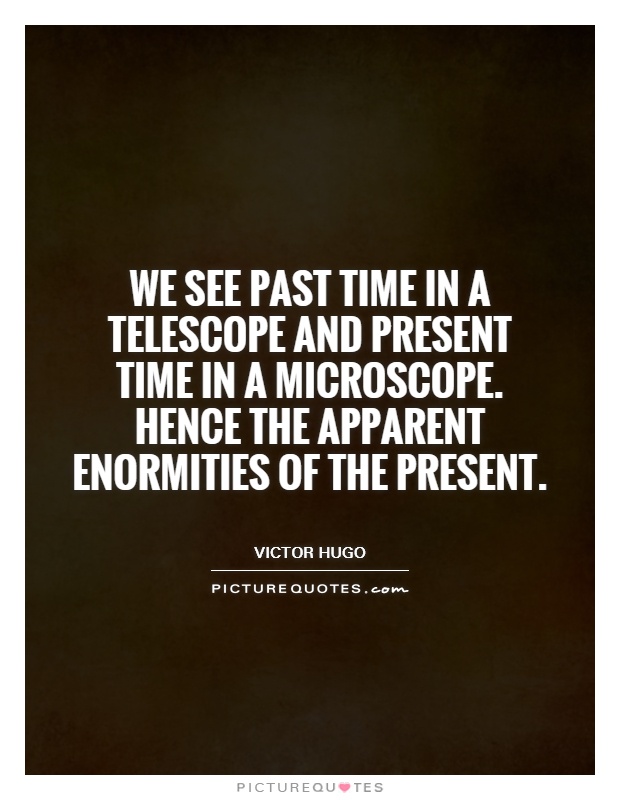
We see past time in a telescope and present time in a microscope. Hence the apparent enormities of the present
Victor Hugo, the renowned French writer, poet, and playwright, was known for his profound insights into the human condition and the passage of time. In his works, Hugo often explored the complexities of time and how it shapes our perceptions of the world around us. One of his most famous quotes, "We see past time in a telescope and present time in a microscope. Hence the apparent enormities of the present," encapsulates this theme perfectly.When Hugo speaks of seeing past time in a telescope, he is referring to our ability to look back on history and gain perspective on the events that have shaped our world. Just as a telescope allows us to see distant stars and galaxies, studying the past allows us to gain a broader understanding of the forces that have shaped our present reality. By examining the past through a telescope, we can see the grand sweep of history and how it has led us to where we are today.
On the other hand, Hugo suggests that we see present time in a microscope, implying that our focus on the minutiae of daily life can distort our perception of reality. Just as a microscope magnifies tiny details to an enormous scale, our attention to the small, immediate concerns of the present can make them seem larger and more significant than they truly are. This narrow focus on the present can lead us to overlook the broader context in which our lives are unfolding, causing us to lose sight of the bigger picture.
Hugo's observation that the apparent enormities of the present are a result of our limited perspective on time is a powerful reminder to step back and consider the larger forces at play in our lives. By taking a step back and viewing our present circumstances through the lens of history, we can gain a more balanced and nuanced understanding of the world around us. In doing so, we can avoid becoming overwhelmed by the seeming enormity of our present challenges and instead see them as part of a larger tapestry of human experience.
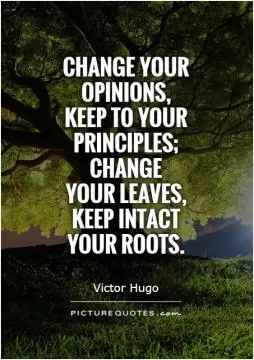
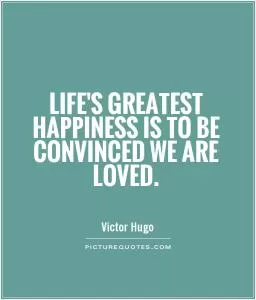
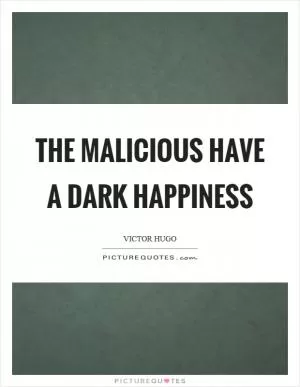
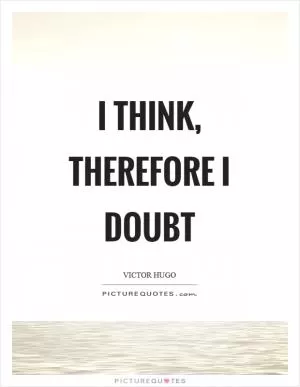
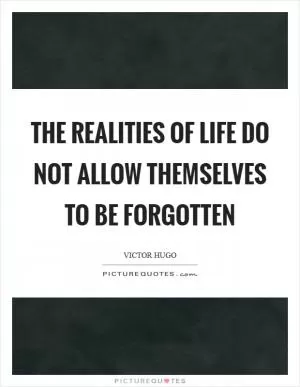
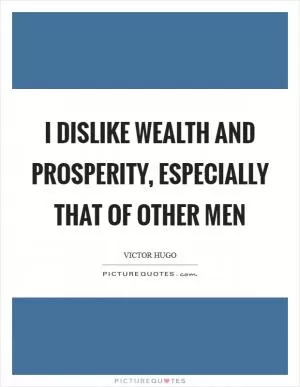
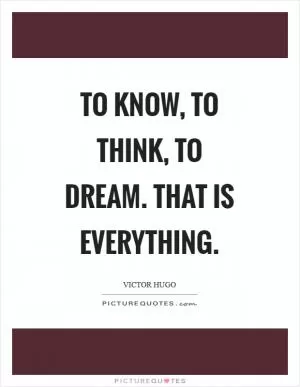
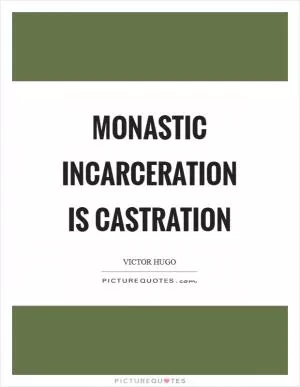
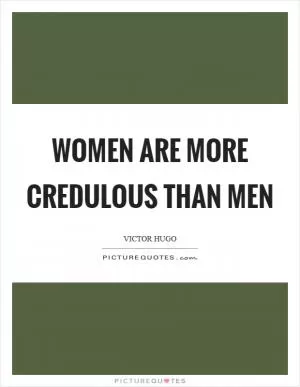

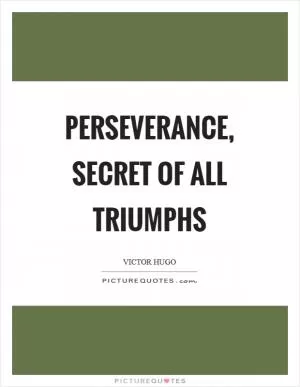
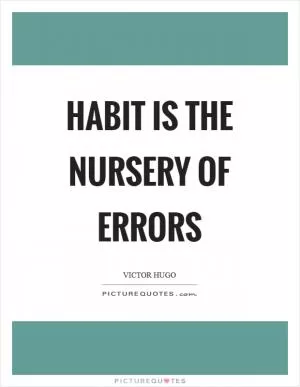
 Friendship Quotes
Friendship Quotes Love Quotes
Love Quotes Life Quotes
Life Quotes Funny Quotes
Funny Quotes Motivational Quotes
Motivational Quotes Inspirational Quotes
Inspirational Quotes